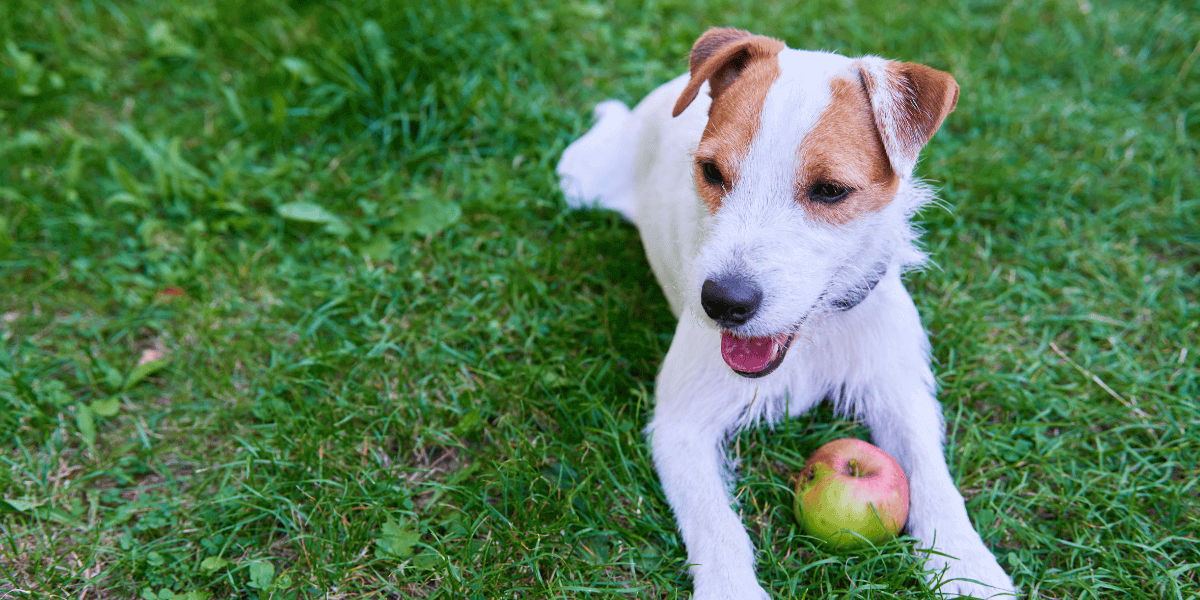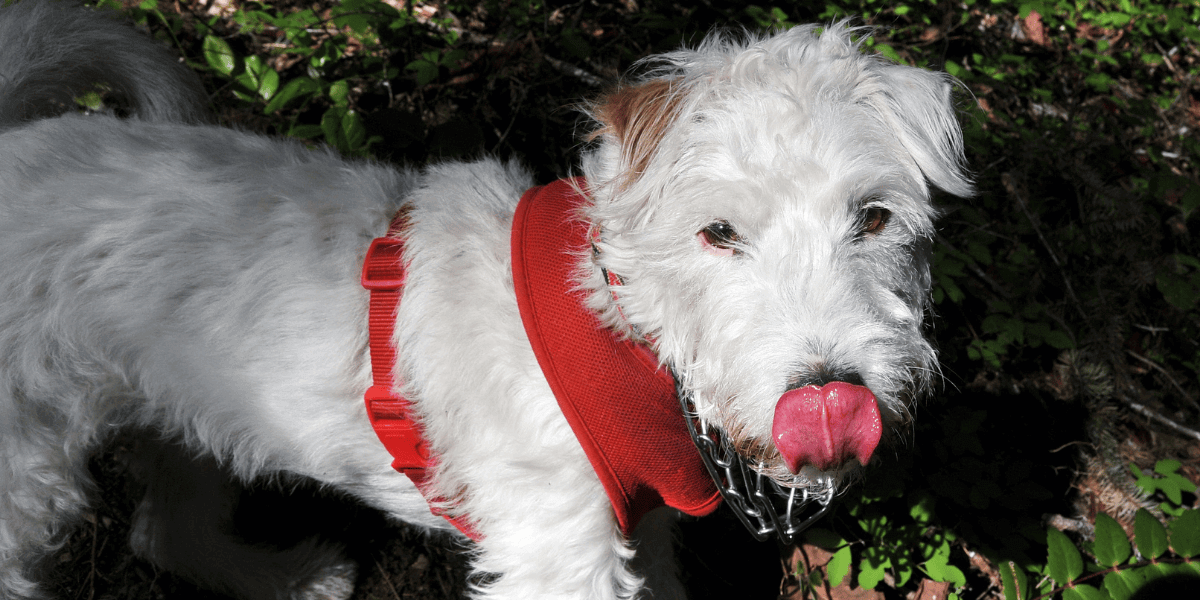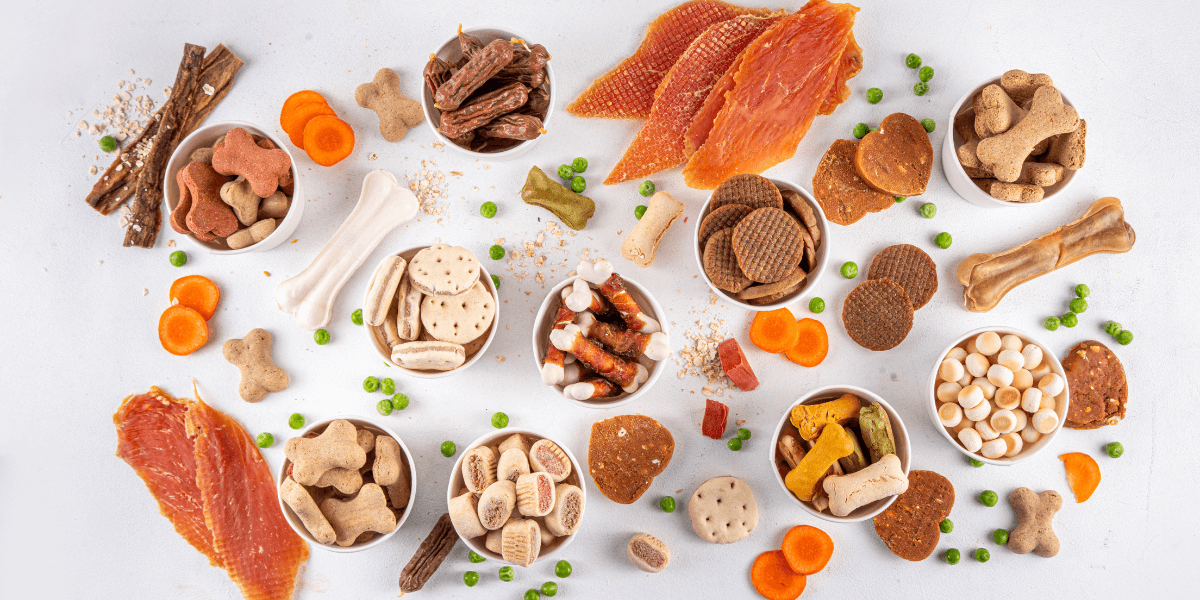Introduction
The Parson Russell Terrier's unique needs make the best diet for Parson Russell Terrier.
- A well-balanced diet is essential for maintaining their health and energy
- Proper nutrition can enhance their quality of life and longevity
- Understanding their dietary requirements helps prevent health issues
- This guide offers food recommendations and nutrition tips for your terrier
- Let’s explore how to best nourish your Parson Russell Terrier
1. Understanding the Nutritional Needs

Parson Russell Terriers have specific nutritional needs to support their lifestyle.
- Protein: Essential for building strong muscles and maintaining energy levels
- Fat: Provides a concentrated source of energy for active dogs
- Carbohydrates: Important for overall energy and digestive health
- Vitamins and Minerals: Support various bodily functions and overall health
- Water: The most crucial nutrient for hydration and overall well-being
- Age Considerations: Nutritional needs change from puppy to adult to senior
- Weight Management: Keeping a healthy weight is vital for their longevity
2. Best Food Types for Parson Russell Terriers

Choosing the right type of food can significantly impact your dog’s health.
- Dry Kibble: Convenient and helps clean teeth while chewing
- Wet Food: Higher moisture content can aid in hydration
- Raw Diet: Provides natural nutrients but requires careful handling
- Home-Cooked Meals: Offers control over ingredients and quality
- Specialized Diets: Tailored for specific health needs or conditions
- Limited Ingredient Diets: Good for dogs with food sensitivities or allergies
- Grain-Free Options: Consider for dogs with grain allergies or sensitivities
3. Commercial Dog Food Recommendations

Selecting high-quality commercial dog food is crucial for your terrier's health.
- High-Quality Brands: Choose reputable brands with good reviews and transparency
- Nutrient-Rich Formulas: Look for high protein content and minimal fillers
- Life Stage Formulas: Select food appropriate for your dog’s age group
- Digestive Health Ingredients: Probiotics can aid in healthy digestion
- All-Natural Ingredients: Avoid artificial additives and preservatives
- Veterinary Approved: Consider options recommended by veterinarians
- Availability: Choose foods that are easy to find and fit your budget
4. Homemade Diet Tips

A well-planned homemade diet can be a healthy option for your terrier.
- Balanced Ingredients: Include a mix of proteins, carbohydrates, and vegetables
- Cooked Proteins: Always cook meats to eliminate harmful bacteria and parasites
- Avoid Toxic Foods: Know which foods are harmful to dogs and avoid them
- Portion Control: Keep serving sizes appropriate for their size and activity level
- Supplementation: Consider adding vitamins or supplements as needed
- Consult Your Vet: Always discuss dietary changes with your veterinarian
- Monitor Health: Regularly check their health and adjust the diet accordingly
Discover top nutrition tips for Great Danes to ensure your Parson Russell Terrier's homemade diet is balanced.
5. Portion Sizes and Feeding Schedule

Proper portions and a schedule are key for the best diet for Parson Russell Terrier.
- Daily Caloric Needs: Calculate based on weight, age, and activity level
- Feeding Frequency: Generally, two meals per day are recommended
- Avoid Overfeeding: Monitor their body condition to prevent obesity
- Use Measuring Tools: Use a measuring cup to ensure accurate portions
- Treats in Moderation: Limit treats to prevent excessive calorie intake
- Adjust for Activity: Increase food during periods of high activity or exercise
- Monitor Weight Changes: Track their weight and adjust portions as needed
6. Special Dietary Considerations

Some health issues may require special dietary considerations for your terrier.
- Allergies: Identify allergens and choose food without these ingredients
- Digestive Issues: Opt for easily digestible food options for sensitive stomachs
- Weight Management: Focus on maintaining a healthy weight with appropriate diet
- Dental Health: Choose kibble that helps promote oral hygiene
- Joint Health: Supplements may be needed for joint support as they age
- Skin Conditions: Diets formulated for skin health can be beneficial
- Senior Diets: Modify nutrition for older dogs who may have different needs
Learn about common health issues in Great Danes to better understand your Parson Russell Terrier's dietary needs.
7. Common Food Myths

Debunking common food myths can help you make informed dietary choices.
- Grain-Free Is Always Better: Not all dogs require a grain-free diet
- Raw Food Is Superior: Raw diets may not be suitable for every dog
- Homemade Is Healthier: Quality control is vital in homemade diets
- All Treats Are Bad: Healthy treats can fit into a balanced diet
- Dogs Can Eat Everything: Some human foods are toxic to dogs
- One Food Fits All: Different dogs have unique nutritional requirements
- Overfeeding Is Acceptable: Maintaining a healthy weight is essential for health
Explore a vet's guide on the healthiest diet for German Shepherds to debunk common food myths for your Parson Russell Terrier.
FAQs
1. What is the best diet for Parson Russell Terrier?
- A protein-rich diet low in fillers is the best diet for Parson Russell Terrier
2. How much should I feed my Parson Russell Terrier?
- Portions depend on age, weight, and activity, usually two meals daily
3. Are there specific brands you recommend?
- Look for high-quality brands like Orijen, Blue Buffalo, or Wellness
4. Can I feed my dog a raw diet?
- Raw diets can be beneficial but should be well-planned and supervised
5. What foods should I avoid giving my dog?
- Avoid chocolate, grapes, onions, and any food harmful to dogs
6. How can I manage my dog's weight?
- Monitor portions and limit treats while ensuring regular exercise
7. Is it safe to give my dog table scraps?
- Some table scraps are safe, but many human foods can be harmful
Conclusion
- The best diet for Parson Russell Terrier is vital for their health and well-being
- Always choose high-quality food that meets their specific nutritional needs
- Monitor their weight and adjust their diet as necessary for optimal health
- Consult your veterinarian for personalized dietary advice and recommendations
- Regularly review and adjust your dog's diet to ensure they are thriving
- Make informed dietary choices to enhance your dog’s quality of life
If you found this helpful, like and share it with fellow dog lovers!
References
For more information on the Best Diet for Parson Russell Terrier, check out:




